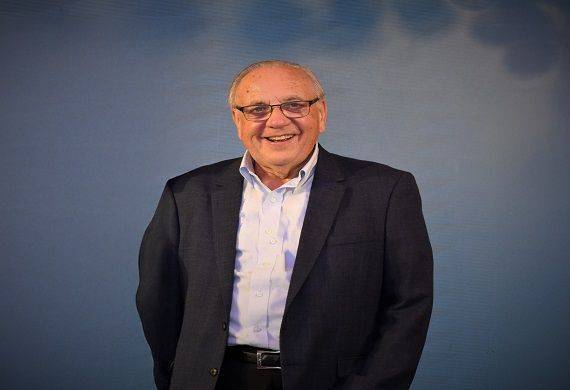Ex-OpenAI Researcher Shengjia Zhao Named Chief Scientist of Meta’s New AI Group
By Global Leaders Insights Team | Jul 26, 2025

- Shengjia Zhao (ChatGPT co-creator) appointed Meta Superintelligence Lab's Chief Scientist, shaping its research agenda.
- Meta recruits key OpenAI talent in aggressive AI push, intensifying competition for AGI leadership.
Meta Platforms has named Shengjia Zhao, a former OpenAI researcher and co-author of the original ChatGPT paper, as Chief Scientist of its new Superintelligence AI group, the company announced.
Zhao, who joined Meta in June, was a key contributor to OpenAI's early successes, including the creation of ChatGPT and the company's first reasoning model, o1. The model sparked a new wave of "chain-of-thought" AI systems used by companies like Google and DeepSeek.
Meta CEO Mark Zuckerberg announced Zhao's formal appointment in a Threads post, referring to him as "our lead scientist from day one." Zuckerberg went further: "Now that our recruiting is going well and our team is coming together, we have decided to formalize his leadership role."
Zhao will report to Alexandr Wang, the former CEO of Scale AI and Meta's Chief AI Officer, who joined in June. Wang is in charge of Meta's efforts to develop artificial general intelligence (AGI), which can think and reason similarly to or better than humans.
Aggressive AI push
The move coincides with Meta's aggressive recruitment campaign in the AI sector. In the last two months, the company has hired over a dozen researchers from OpenAI, Apple, Google, and Anthropic. Bloomberg reports that this includes Tom Gunter and Mark Lee, two of Apple's top AI scientists.
Meta established the Superintelligence Lab in June 2025 as part of its renewed emphasis on developing advanced AI models. The lab is distinct from Meta's long-running AI research group, FAIR, which will continue to be led by Yann LeCun, who now reports to Wang.
Also Read: Zuckerberg Hires Two Senior Apple AI Engineers After Securing Team Leader
Talent and Tensions
Meta's recent hires have received attention due to the size of the compensation packages involved. Some reports indicated that offers exceeded $100 million, but the company has denied rumors of higher figures, including claims of $300 million deals.
Meta's current open-source model, LLaMA 4, is not yet as powerful as OpenAI's GPT-4 or Google's Gemini models. The company plans to release a more advanced model, internally codenamed "Behemoth," later this year.
Mark Zuckerberg expressed confidence in the lab's future, saying, "Together, we are assembling an elite, talent-dense team with the resources and long-term focus to push the boundaries of superintelligence research."


